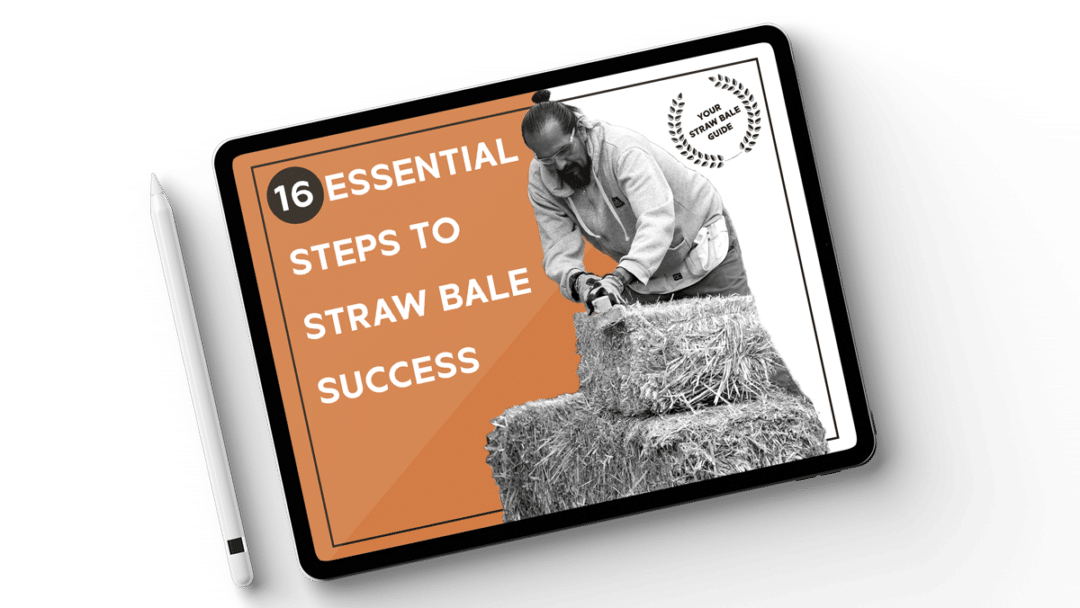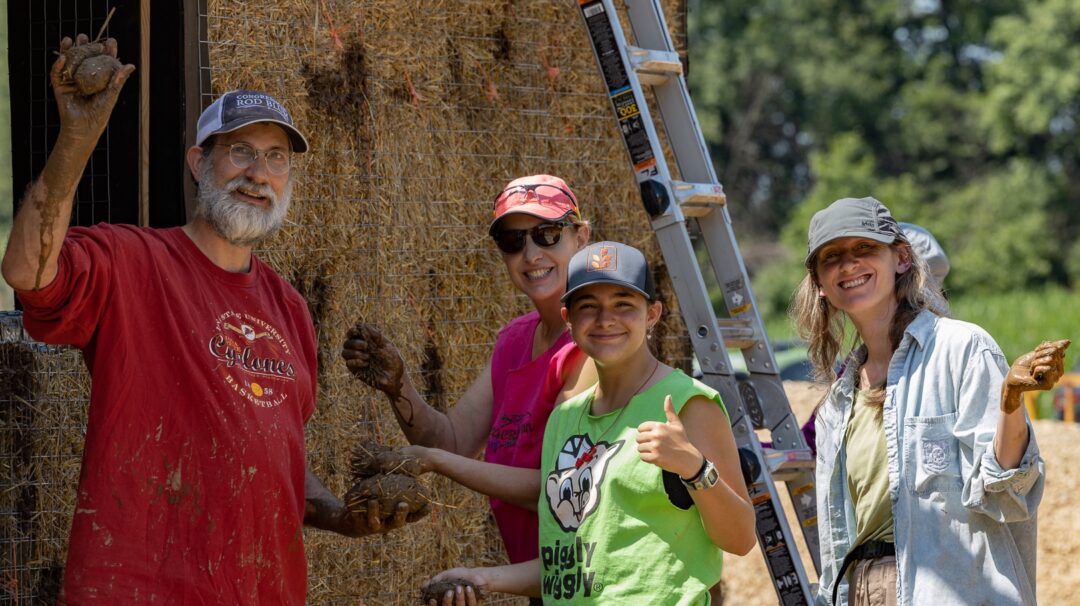This article entitled the Top Five Regrets of the Dying by Susie Steiner from the Guardian touched my heart in a big way. As many of you know, for some time now I have been looking at my life from a deeper, more significant, and more honest point of view than I had in my early years. I’ve discovered a lot on that continued journey and this article really touches on “what’s important” in life and what really matters in the end. And yes, there is always an end.
This has nothing to do with straw bale construction, but it does have everything to do with living an inspired and full life. I have included the entire article below and have also provided a link here for those who would prefer to read it on the Guardian’s website. I hope you enjoy the read. I would change the last question a bit myself. My final thought is below the article.

Top five regrets of the dying, by Susie Steiner
A nurse has recorded the most common regrets of the dying, and among the top ones is ‘I wish I hadn’t worked so hard’. What would your biggest regret be if this was your last day of life?
There was no mention of more sex or bungee jumps. A palliative nurse who has counseled the dying in their last days has revealed the most common regrets we have at the end of our lives. And among the top, from men in particular, is ‘I wish I hadn’t worked so hard’.
Bronnie Ware is an Australian nurse who spent several years working in palliative care, caring for patients in the last 12 weeks of their lives. She recorded their dying epiphanies in a blog called Inspiration and Chai, which gathered so much attention that she put her observations into a book called The Top Five Regrets of the Dying.
Ware writes of the phenomenal clarity of vision that people gain at the end of their lives, and how we might learn from their wisdom. “When questioned about any regrets they had or anything they would do differently,” she says, “common themes surfaced again and again.”
Here are the top five regrets of the dying, as witnessed by Ware:
1. I wish I’d had the courage to live a life true to myself, not the life others expected of me.
“This was the most common regret of all. When people realise that their life is almost over and look back clearly on it, it is easy to see how many dreams have gone unfulfilled. Most people had not honoured even a half of their dreams and had to die knowing that it was due to choices they had made, or not made. Health brings a freedom very few realise, until they no longer have it.”
2. I wish I hadn’t worked so hard.
“This came from every male patient that I nursed. They missed their children’s youth and their partner’s companionship. Women also spoke of this regret, but as most were from an older generation, many of the female patients had not been breadwinners. All of the men I nursed deeply regretted spending so much of their lives on the treadmill of a work existence.”
3. I wish I’d had the courage to express my feelings.
“Many people suppressed their feelings in order to keep peace with others. As a result, they settled for a mediocre existence and never became who they were truly capable of becoming. Many developed illnesses relating to the bitterness and resentment they carried as a result.”
4. I wish I had stayed in touch with my friends.
“Often they would not truly realise the full benefits of old friends until their dying weeks and it was not always possible to track them down. Many had become so caught up in their own lives that they had let golden friendships slip by over the years. There were many deep regrets about not giving friendships the time and effort that they deserved. Everyone misses their friends when they are dying.”
5. I wish that I had let myself be happier.
“This is a surprisingly common one. Many did not realise until the end that happiness is a choice. They had stayed stuck in old patterns and habits. The so-called ‘comfort’ of familiarity overflowed into their emotions, as well as their physical lives. Fear of change had them pretending to others, and to their selves, that they were content, when deep within, they longed to laugh properly and have silliness in their life again.”
What’s your greatest regret so far, and what will you set out to achieve or change before you die?



4 Responses
I think about this sort of thing sometimes, and remember that someone once said to me that nobody ever said on their deathbed “I wish I’d played more videogames.” It strikes me that, equally, did anyone ever say on their deathbed “I wish I’d played fewer videogames”? I wouldn’t.
I can’t think of anything I’d regret on my deathbed except possibly “I wish I hadn’t done whatever it was that put me on my deathbed!” 🙂
Hi RavenBlack,
Those words really shocked me.
This system within which we live pushes us to work harder and longer, even after we have far surpassed that needed to acquire the necessities of life. Most of us live our lives driven more by fear than by greed. The fear that one will be laid off (or for the self-employed that the phone will stop ringing) and that we might wake up one day unable to provide for our families and lose everything we have. For most of my adult life I have been engaged in a constant mental struggle to supress this fear lest it consume me entirely.
I suppose that at the end this fear is lifted and that this where this clarity of vision stems from. Free of the fear one might well look back and realize how much we “missed” or “gave up” in order to combat the fear…
Some people go through life in a care-free manner never worrying much about tomorrow. Our society looks down on such individuals, but the truth is that it is the rest of us who are out of step with the harmony of life, not them. Peace.
Bob
Nicely said Bob. Thanks for your honesty and clarity.